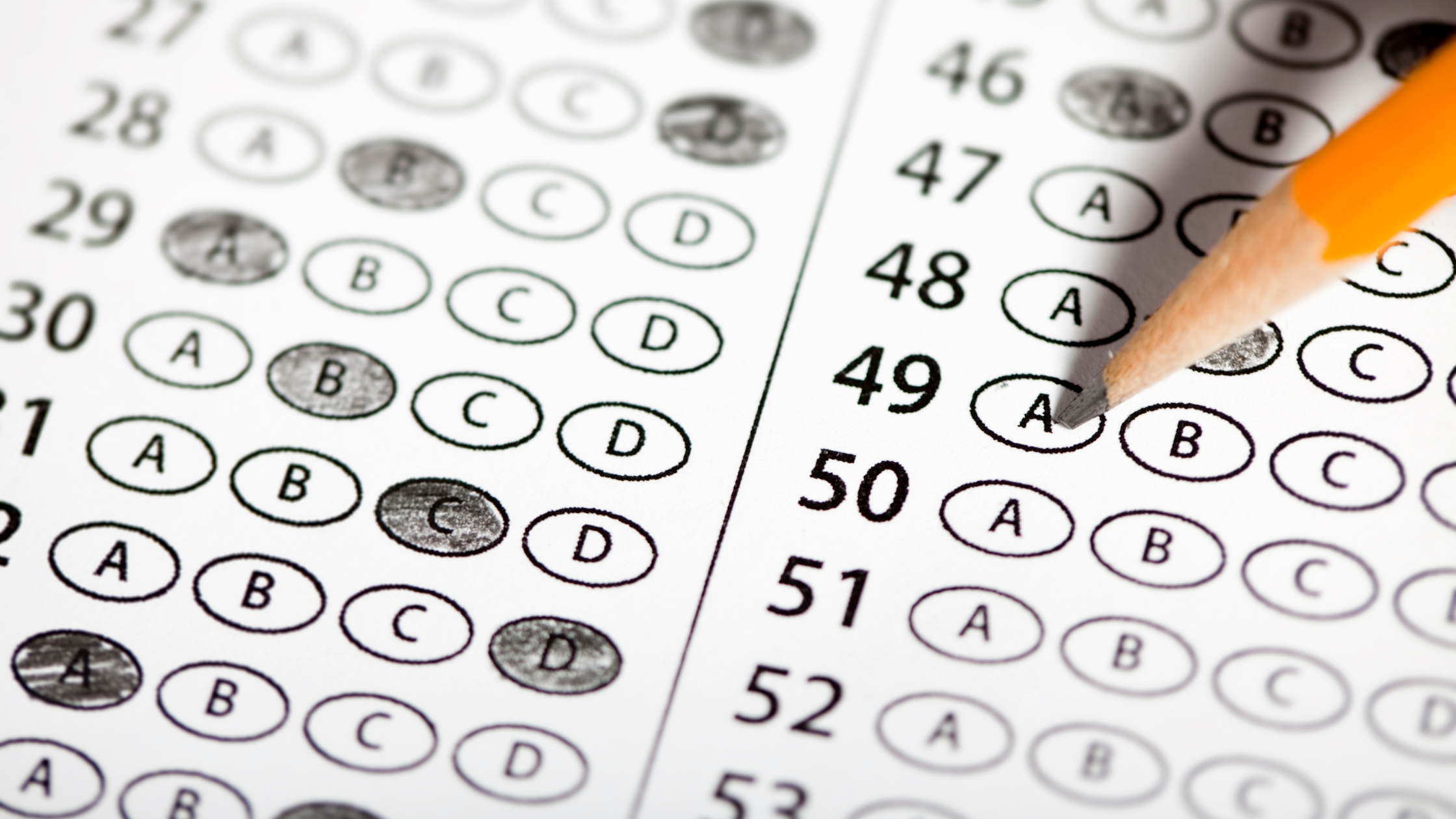
Comprehensive Psychological Evaluations
Identify root causes rather than symptoms, and receive detailed recommendations
We take a ‘whole person approach’ to treatment.
Counseling & Assessments at the SMart Center performs comprehensive assessments and evaluations for a wide range of psychological and behavioral issues for children, teens and adults. Our center believes in taking a ‘whole person approach’ where we do not treat a symptom, but work to understand reasoning for symptoms and then accommodate/treat the individual based on their unique needs.
Counseling & Assessments at the SMart Center clinicians conduct a full battery of testing, not just a screening tool, and provides a comprehensive report with recommendations and referral options for next steps.
Typically, the assessment process begins with a 45 min intake session with a child’s caregiver or the adult in need of testing. After the clinical interview, the number of sessions will range based on the individual’s unique testing needs.
FAQs on Assessments
WHY GET TESTED?
It’s common for children and adolescents to receive testing services if they have difficulties with:
- Academics
- Behavior
- Attention and Focus
- Staying on Task
- Organization
- Memory
- Learning sounds and letter names
- Communication
- Social relationships
- Transitions or changes
- School anxiety/avoidance
- Regulating mood/emotions
- Speech and/or language delays
Please contact our team to see if it’s time for your child or adolescent to receive an assessment.
WHAT TYPE OF ASSESSMENTS WE OFFER:
- ADHD
- Autism Testing (ADOS, ADIR-2)
- Psychoeducational Testing
- Behavior, Developmental & Early Childhood Assessments
- Dyslexia/Dysgraphia Testing
- Academic Achievement Testing
- I.Q. and Gifted Program Testing
- Learning Styles Assessment
- Private School Admission Testing
- Psychological Testing
- Test Anxiety Testing
- Speech & Language Evaluations
More on our most common Assessments:
Attention-Deficit/Hyperactivity Disorder Evaluation
Individuals are often diagnosed with ADHD following self-reports and clinical interviews. However, ADHD often overlaps with many other diagnoses and symptoms including anxiety, trauma, depression, and other disorders. That is why formalized executive functioning testing is always recommended in order to obtain an accurate diagnostic picture and impression. A comprehensive report along with recommendations is provided and reviewed at a feedback session with a licensed psychologist. Typically, 3 hours of testing plus parent/teacher measures.
Autism Assessment and Diagnosis
Counseling & Assessments at the SMart Center provides effective and evidence-based assessments and treatment recommendations for individuals who may have Autism Spectrum Disorder (ASD). We perform comprehensive evaluations to better understand the person’s functioning, build upon their strengths and provide them with the appropriate supports.
At Counseling & Assessments at the SMart Center, we utilize the Autism Diagnostic Observation Schedule-2 (ADOS-2) as well as the Autism Diagnostic Interview (ADI-R) which are considered to be the ‘gold standard’ for diagnosing Autism.
The ASD testing consists of two sessions:
- Session One is a 2 ½-3 hour interview with the adult requesting testing or the client’s caregiver (specifically someone who is able to provide information about the client’s first 5 years of development)
- Session Two is an hour long assessment with the child/adolescent/adult. At the conclusion of the testing, the evaluator will develop a comprehensive report based upon the findings from the testing period.
The evaluator will schedule a feedback session with the caregiver and the client which will review the results of the testing, diagnostic information, and specific-individualized recommendations that will provide the child/adolescent with the most effective strategies and resources for support.
Psychoeducational Assessment
This evaluation is designed for preschool and school-age children and adolescents who are having difficulties in school. The results of this evaluation can be helpful in determining whether a child needs (or continues to need) special education and related services. Additionally, this evaluation helps to pinpoint the specific problems that are contributing to academic difficulties so that appropriate accommodations/interventions can be identified and added to a child/teens educational plan. This evaluation includes a comprehensive clinical interview and developmental history, review of records, measures of intellectual functioning and academic achievement, social-emotional screening measures, a psychoeducational report, and a feedback session. Typically, 4-6 hours of testing.
Psychological Assessment
This comprehensive evaluation is designed for school-age children, adolescents, and adults to help identify areas of psychological strength and weakness. This evaluation assesses multiple areas of functioning in order to provide a thorough picture of an individual’s cognitive functioning. All psychological evaluations include a comprehensive clinical interview and developmental history, review of records, measures of intellectual functioning, a psychological report, and a feedback session. In addition, psychological evaluations typically include assessment of the following areas of functioning (may vary depending on the age or level of functioning of the individual): language and verbal reasoning, nonverbal and visual-spatial reasoning, attention, executive functioning, memory and learning, fine motor and visual-motor integration skills, and social-emotional functioning. Typically, 4-8 hours of testing.
Selective Mutism and Social Communication Evaluation
This evaluation is a part of the SMart Center‘s Intensive S-CAT® Program. This is a comprehensive social communication evaluation and treatment program that is designed for preschool and school-aged children as well as adults who are having social communication challenges due to selective mutism, social anxiety, social communication (pragmatic) disorder, or extreme shyness. This evaluation includes what is included in the psychoeducational evaluation above plus additional testing for comorbidities typically seen in individuals with Selective Mutism.
Speech & Language Evaluation
Counseling & Assessments at the SMart Center offers comprehensive speech and language evaluations conducted by certified and licensed speech-language pathologists tailored for children with social communication challenges from preschool through high school years. This evaluation includes standardized and informal measures to appropriately assess the oral mechanism, speech sound articulation, speech production during co-articulation, receptive and expressive language (understanding language and expressing oneself at an age-appropriate level involving semantics, syntax, morphology, and/or pragmatic language), voice (pitch, quality, and loudness), and fluency of speech (rate and rhythm).
The series of assessment tools vary depending on the individualized needs of the child. All testing is conducted by an ASHA certified and PA licensed speech-language pathologist. Our speech-language pathologists are well qualified to properly assess children’s speech and language skills. They hold a Master’s or Doctoral degree and have many years of experience treating children with speech-language needs, including those with Selective Mutism. All of our speech-language pathologists have experience working with children who have selective mutism and know how to evaluate and engage those with social communication disorders. Typically involves 3-4 hours of testing.
Why Counseling & Assessments, at the SMart Center?
Counseling & Assessments at the SMart Center looks at the whole person, not just their diagnosis. Our team of multi-disciplinary professionals utilizes a ‘whole-person approach’ to treatment. We deliver evidence-based approaches – such as Cognitive Behavioral Therapy, psychodynamic therapy, and a family systems approach – to our clients.
Now more than ever, mental health professionals must play a crucial role in helping those battling their own unique mental health challenges better understand their own invisible battles. Supporting and educating these individuals on how to develop and hone the requisite long-term coping skills will, ultimately, help lead them toward happier and more fulfilling lives.
HOW IT WORKS

STEP 1
REQUEST AN APPOINTMENT
Take 60 seconds to fill out our interest form

STEP 2
HEAR FROM OUR TEAM
Within 24 hours, discover treatment options matched to your unique situation

STEP 3
START TREATMENT
Kick off treatment with our team (virtual or in-person)






